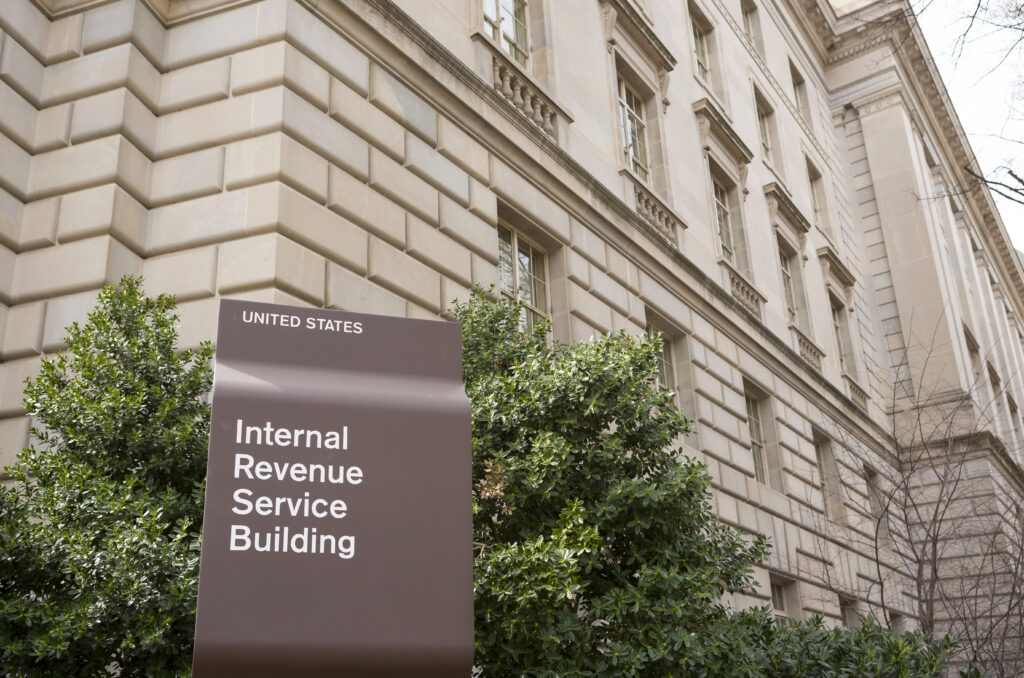
The Internal Revenue Service (IRS) is on the move with its latest updates to support businesses and tax professionals. Originally announced in July (see announcement) IRS Commissioner Danny Werfel announced the introduction of new business tax accounts, which are set to revolutionize how companies interact with the IRS. These accounts will provide businesses with the ability to view their tax payment history, make payments, and manage other tax-related tasks more efficiently. About time!
What’s New for Businesses?
Initially, these accounts are available to unincorporated sole proprietors who have an active Employer Identification Number (EIN). They can now easily manage their business profiles and authorized users through these accounts, as well as have the ability for taxpayers to respond to notices online, submit mobile-friendly forms, and experience improved digital functionalities.
The IRS plans to roll out additional features, enhancing the functionality of these accounts over time. Eventually business tax payers will be able to view letters and notices, request tax transcripts, authorize power of attorney, add third parties for tax information authorizations, schedule or cancel tax payments, and store bank account information.
Empowering Tax Professionals
Responding to a query from Accounting Today, Werfel mentioned that the IRS is closely working with the tax professional community to understand and fulfill their needs.
By enhancing the online Tax Pro Accounts, tax professionals can now manage client authorizations more seamlessly with access to a centralized database. This means they can view client tax information, including due amounts, and withdraw from authorizations in real time – a significant leap in efficiency.
Enhanced Compliance
Furthermore, the IRS is ramping up its compliance efforts, especially targeting the U.S. subsidiaries of nearly 150 foreign companies that consistently report minimal profits or losses due to transfer pricing strategies, thereby evading a fair share of taxes. With the support of the Inflation Reduction Act funding, the IRS aims to close the tax gap by scrutinizing these entities more closely.
The IRS is extending its reach to high-wealth individuals through an expanded large corporate compliance program. This program, bolstered by advanced data analytics, focuses on auditing the largest corporations, some with assets exceeding $24 billion and taxable incomes around $526 million annually. New accountants will be joining the IRS’s Large Business and International Division in early 2024 to initiate additional audits.
Recent legal victories and successful tax collection efforts underline the effectiveness of these strategies. For instance, the IRS collected $122 million from a segment of wealthy taxpayers with substantial tax debts. Additionally, the IRS’s technological advancements, such as improved document scanning and the ability to respond to notices online, are streamlining taxpayer services and contributing to a more efficient tax administration system.
The Human Touch: IRS Assistance Centers
Leveraging the additional funding from the Inflation Reduction Act, the IRS is making significant strides in enhancing taxpayer support through in-person services. A key aspect of this initiative is the opening and reopening of Taxpayer Assistance Centers across the nation, with a focus on reaching underserved and rural communities.
In the fiscal year 2023, these newly established centers have already made a notable impact, serving approximately 235,000 more taxpayers than the previous year, marking an 18% increase in service reach. To support this expansion, the IRS has significantly increased its workforce, hiring 745 new employees, which equates to a 31% net increase in staffing levels compared to fiscal year 2022.
Looking Ahead
The IRS seeks to convey to lawmakers the tangible benefits of its planned upgrades and improvements, especially for their constituents. Laurel Blatchford, the chief implementation officer at the Treasury, highlights the delicate balance the IRS must maintain between managing the daily operations of the nation’s tax system and implementing long-term service and technology improvements. These improvements, she notes, are expected to benefit taxpayers for decades. This underscores the necessity of a sufficient annual budget for the IRS, one that can adapt to inflationary pressures and support both immediate and future taxpayer services.
Closing Thoughts
While the IRS is making strides towards more efficient and user-friendly processes, the complexity of the tax code persists as a formidable challenge for many business owners and individuals. Navigating these intricate tax laws and leveraging the latest IRS advancements requires not only staying informed but also having expert guidance.
This is where our CPA services can make a significant difference. With our deep understanding of the tax system and dedication to staying abreast of the latest changes, we offer tailored solutions that simplify your tax experience. Our team is equipped to help you maximize your benefits under the current tax laws while ensuring compliance with every new regulation.
Whether you’re a small business owner, a self-employed professional, or an individual seeking clarity on tax matters, our services are designed to provide peace of mind and strategic advantage. We can help you understand how these IRS changes impact you directly and plan accordingly.
Don’t let the complexities of the tax code hinder your financial goals. Reach out to us for expert advice and assistance that aligns with the latest tax developments. Together, we can turn these changes into opportunities for your financial success.

